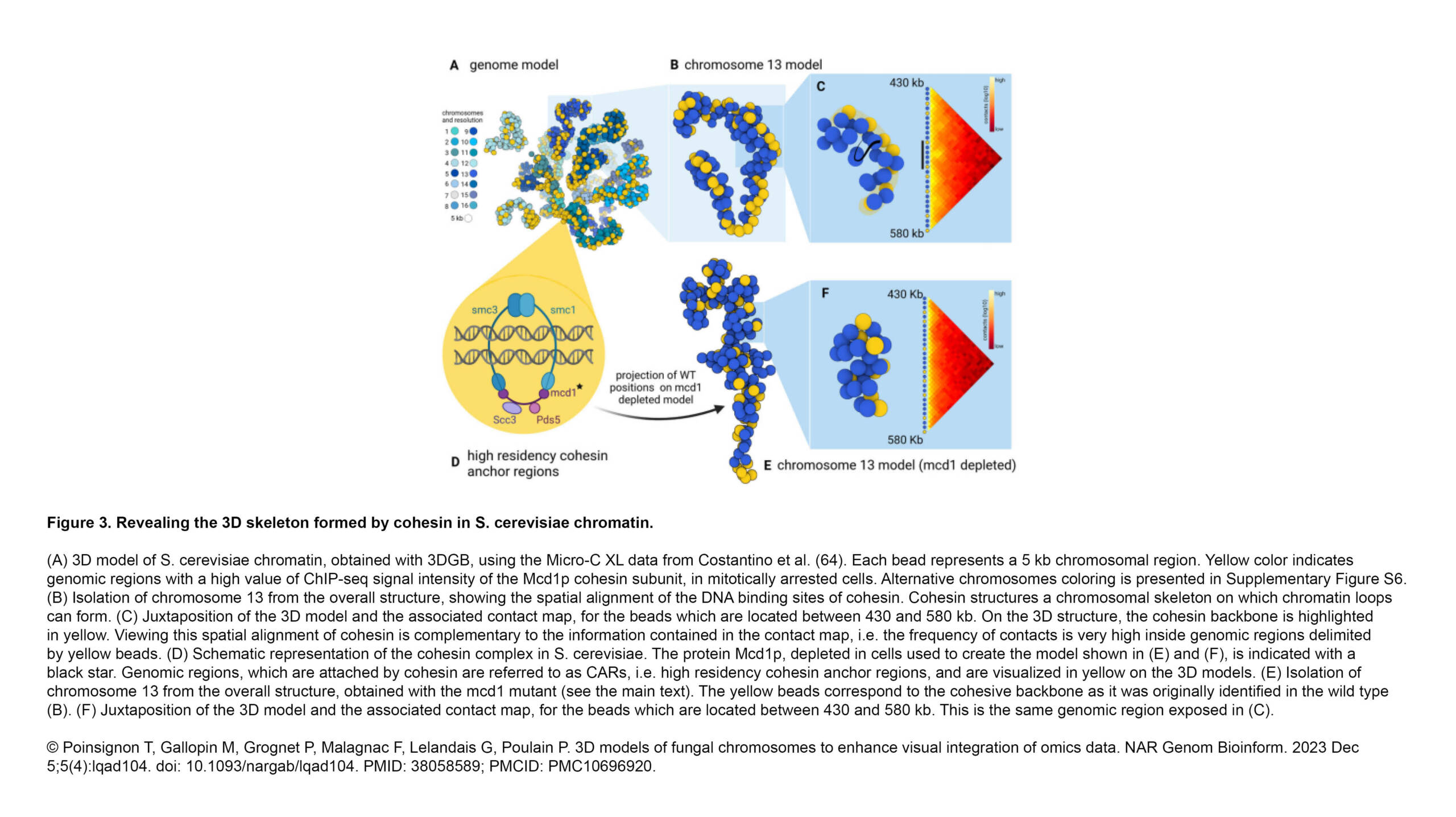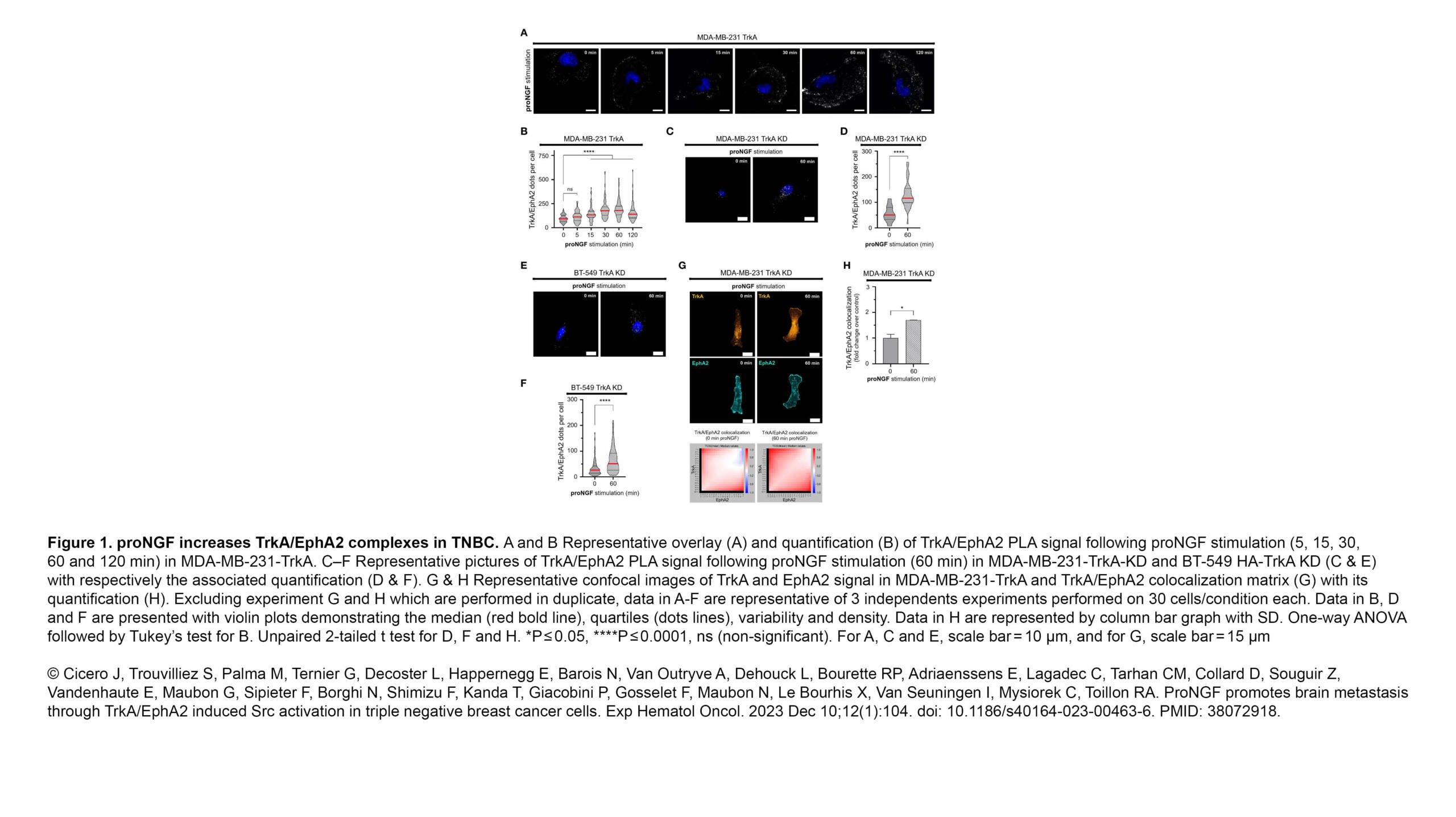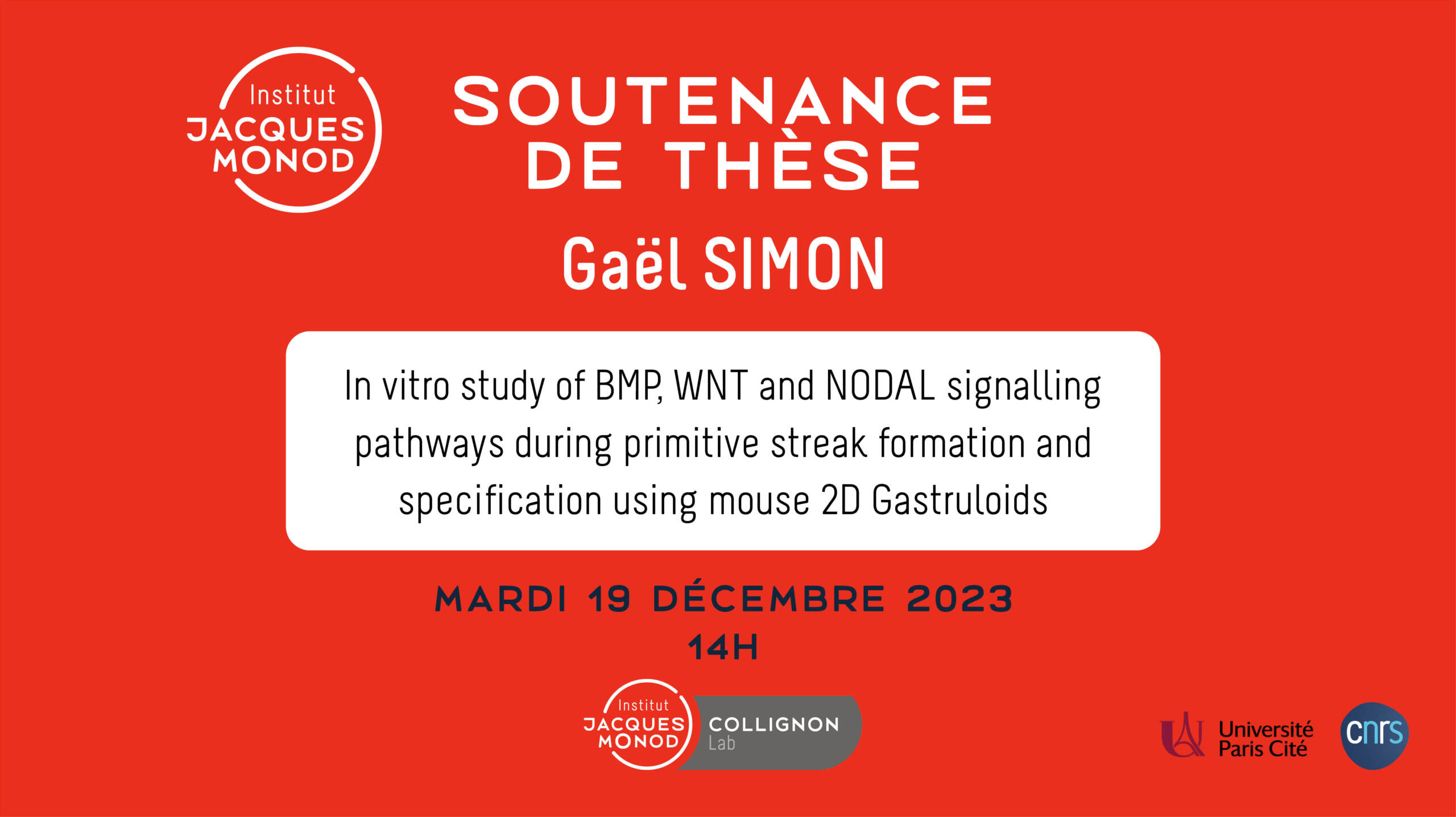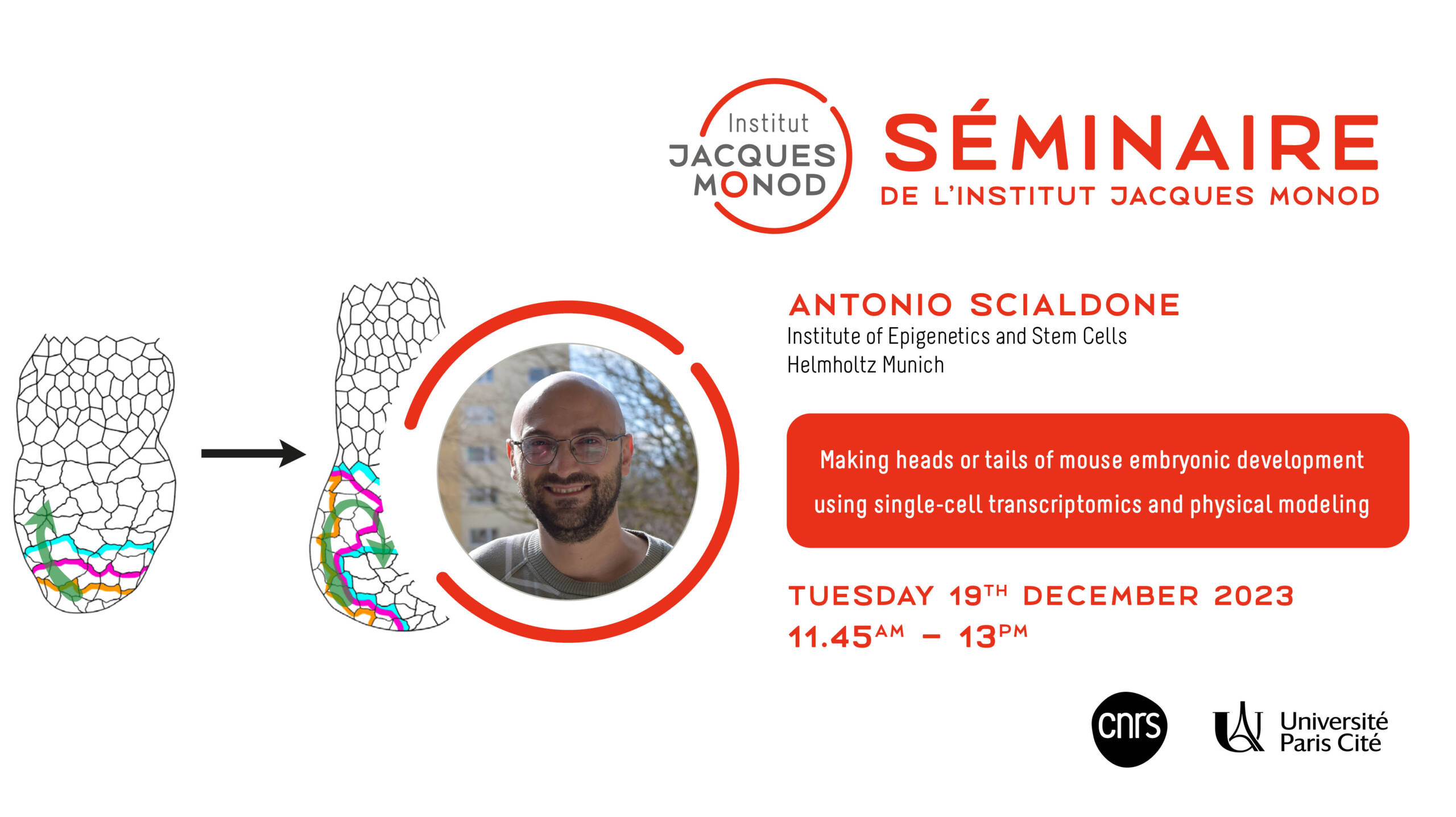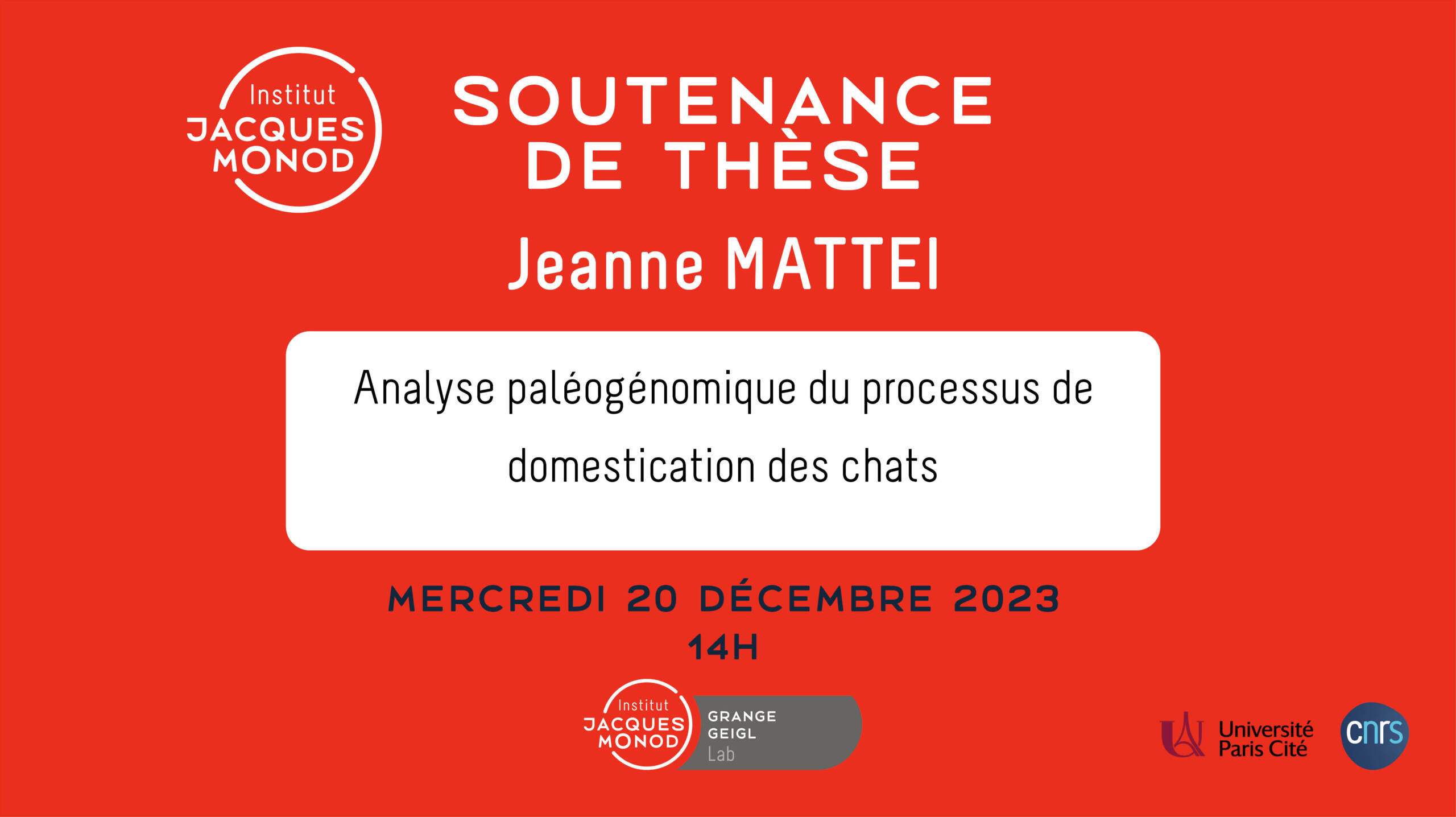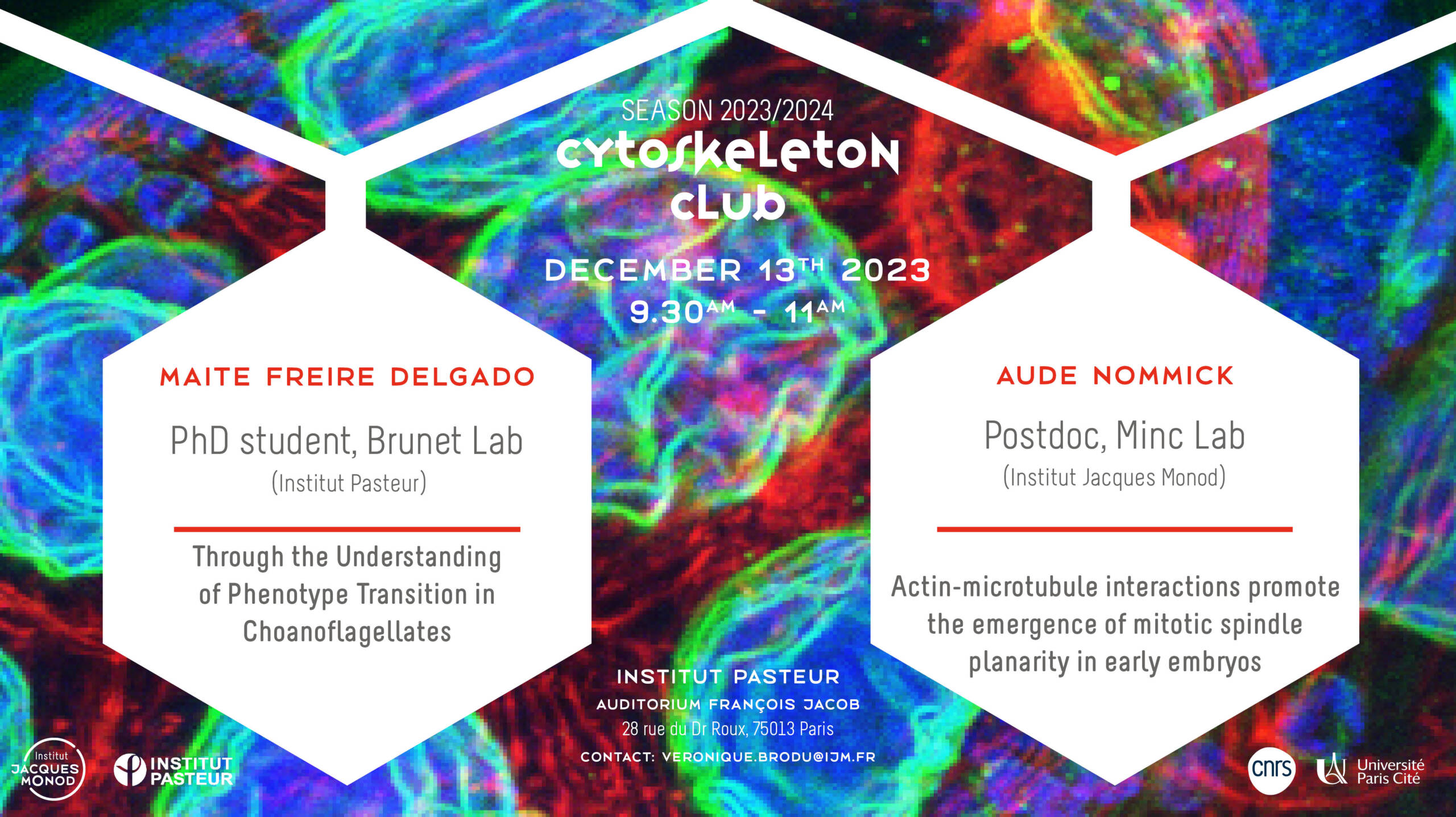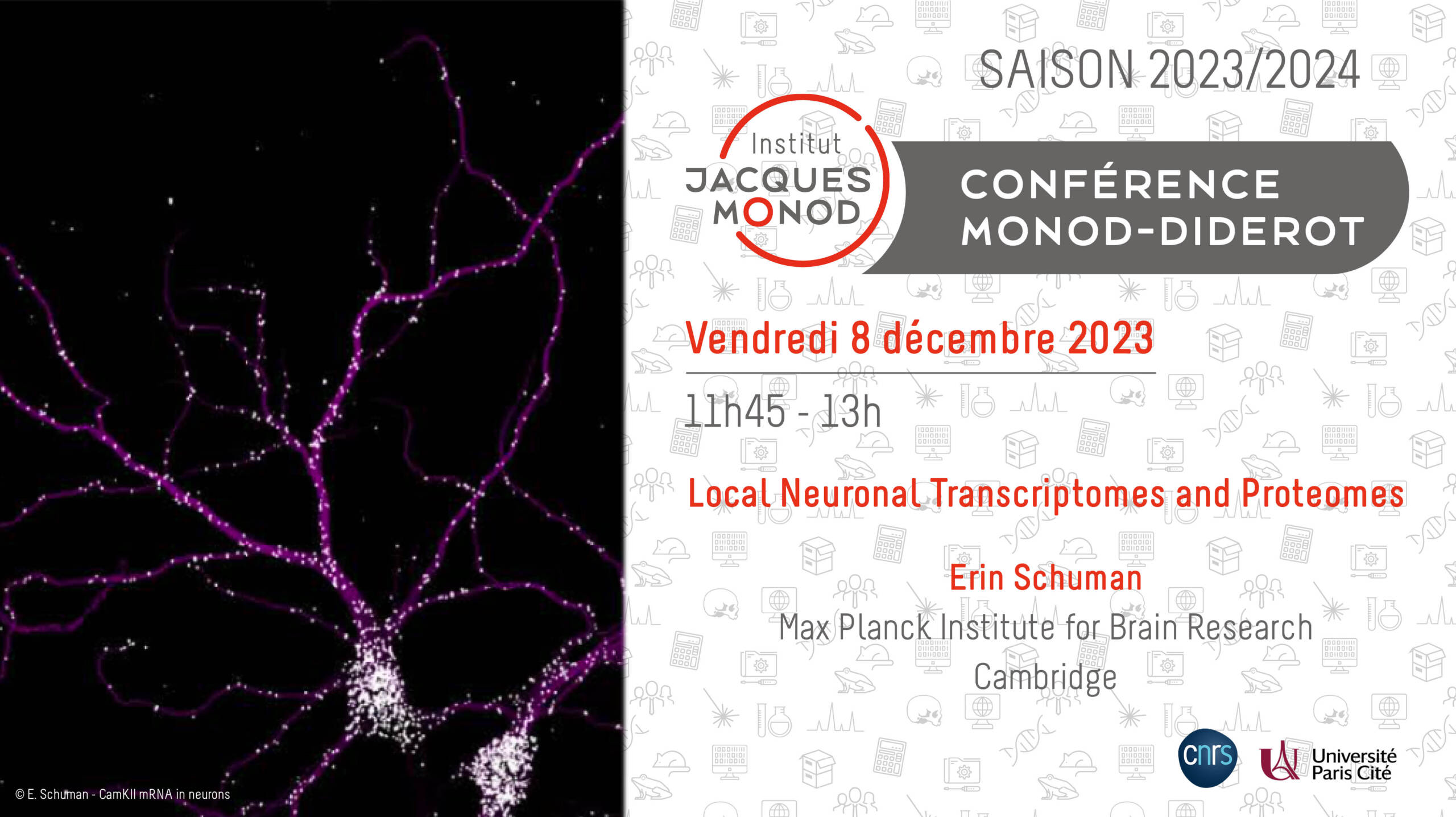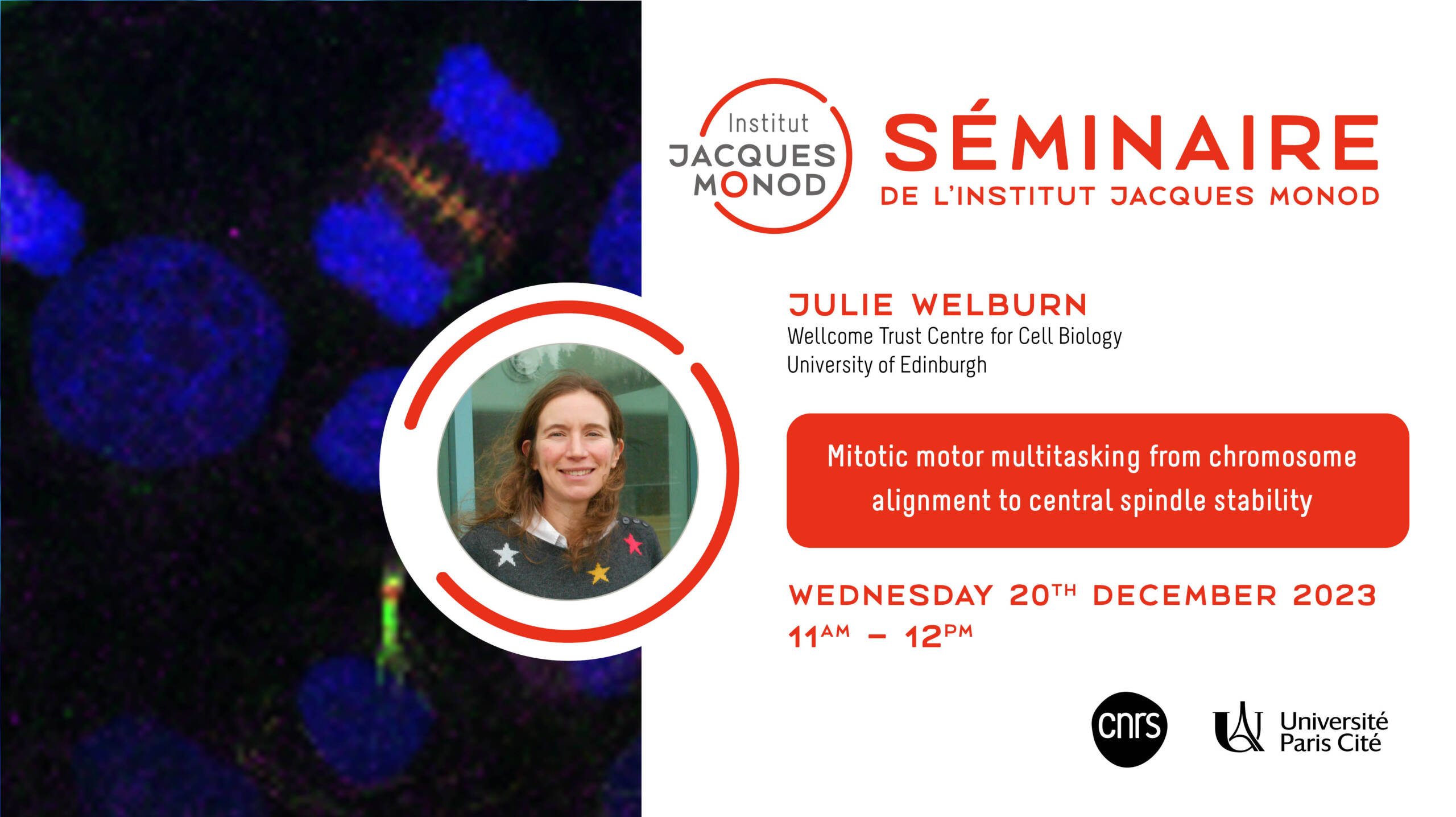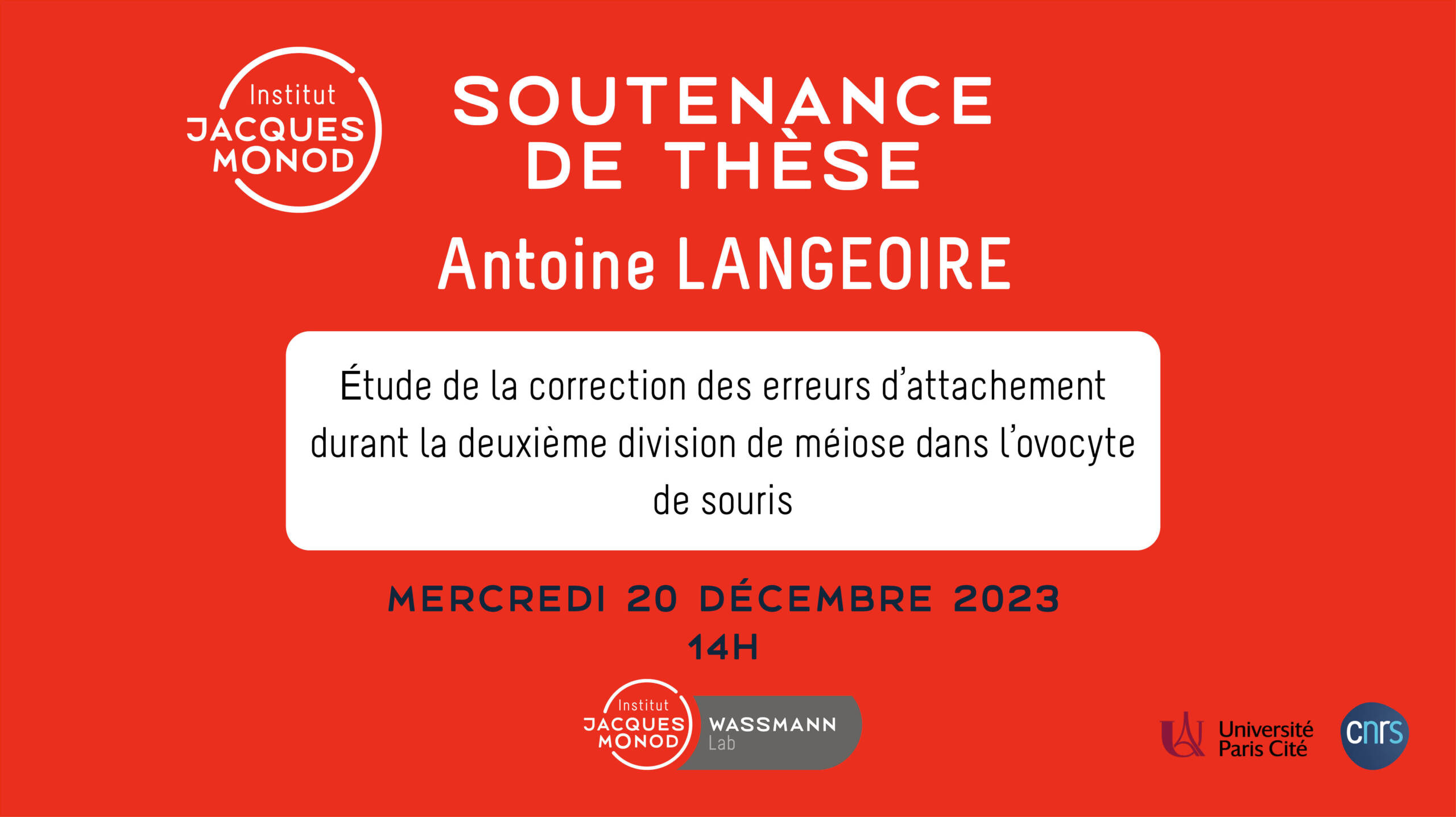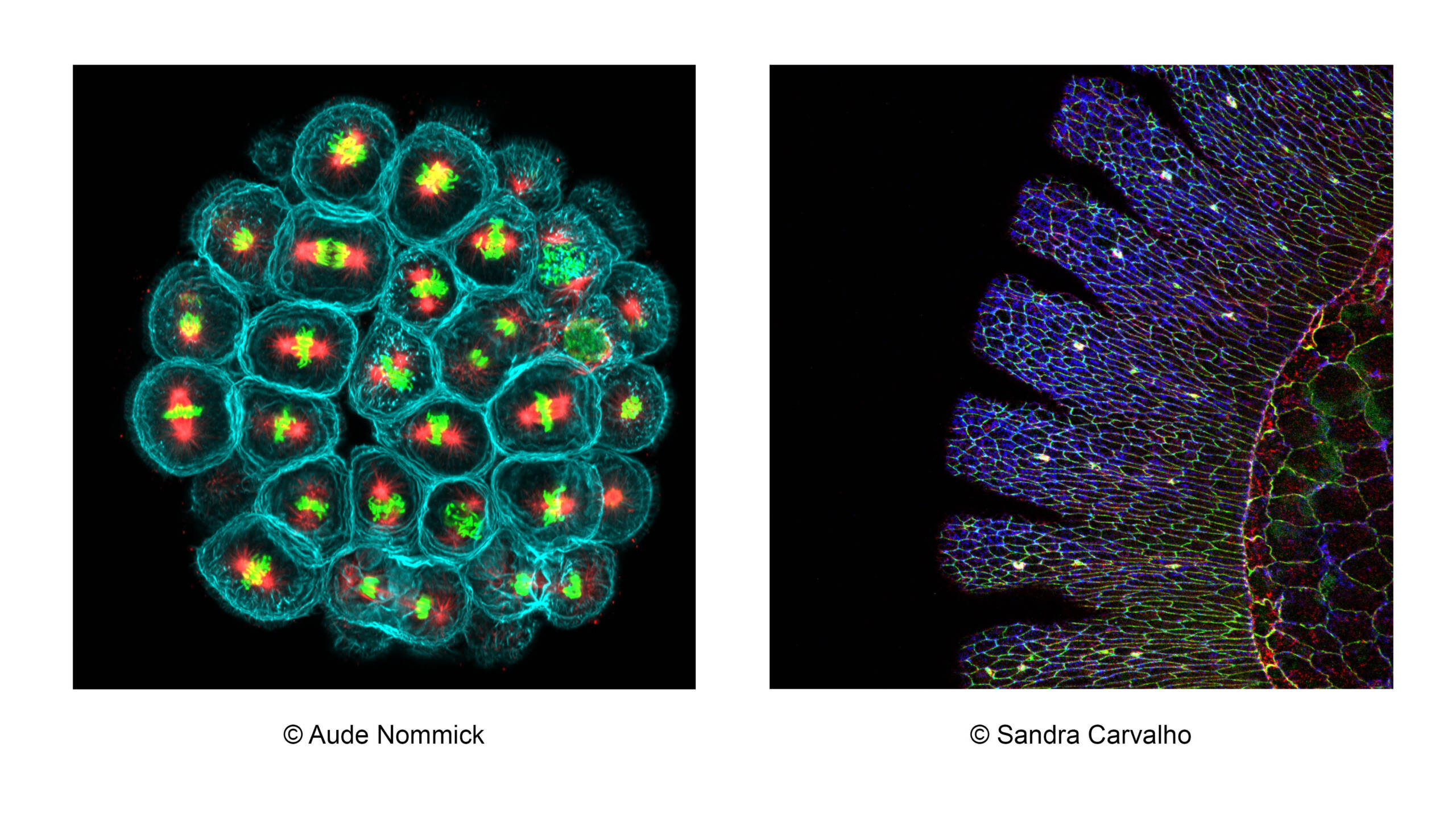L'équipe Camadro a publié un nouvel article dans NAR Genomics & Bioinformatics :
3D models of fungal chromosomes to enhance visual integration of omics data
Résumé :
The functions of eukaryotic chromosomes and their spatial architecture in the nucleus are reciprocally dependent. Hi-C experiments are routinely used to study chromosome 3D organization by probing chromatin interactions. Standard…
